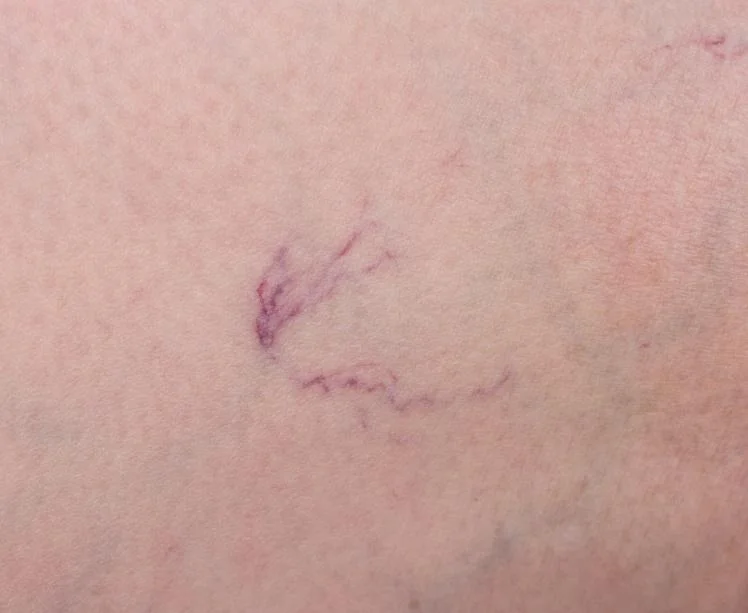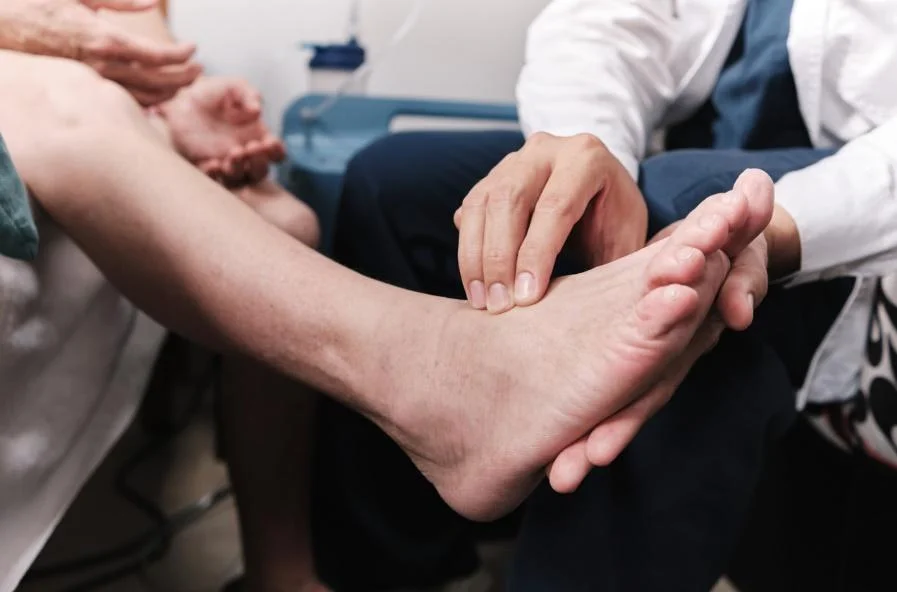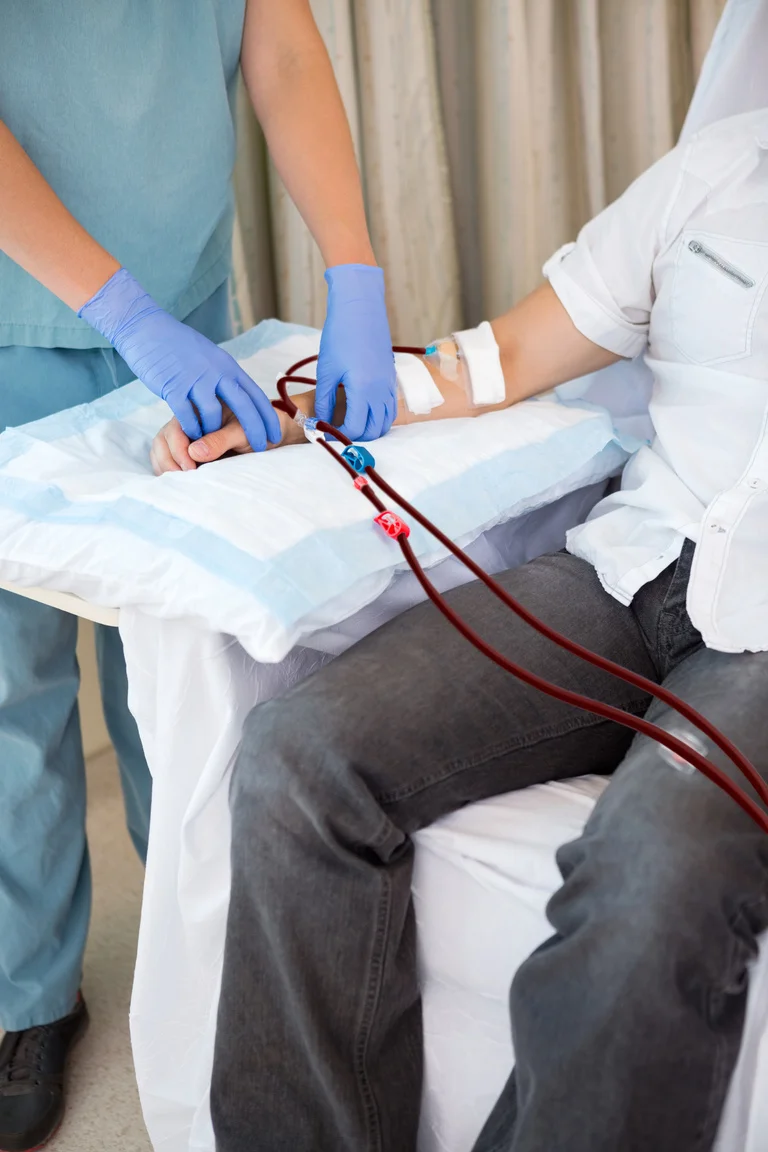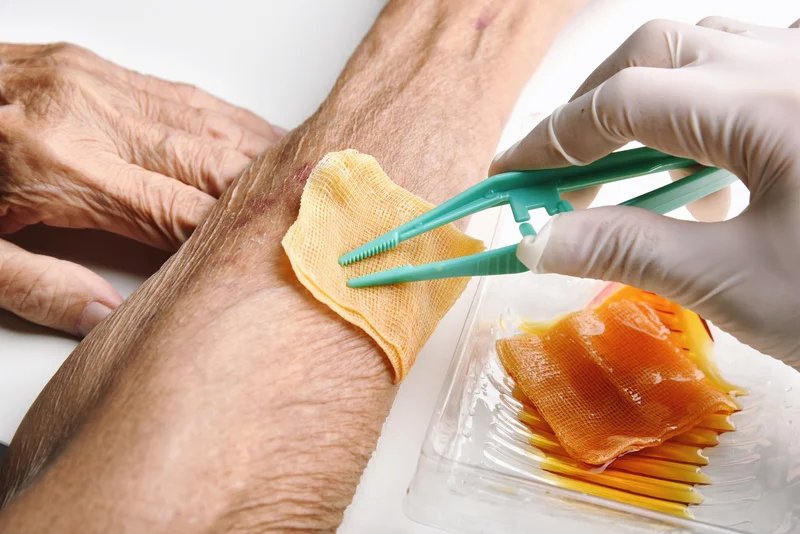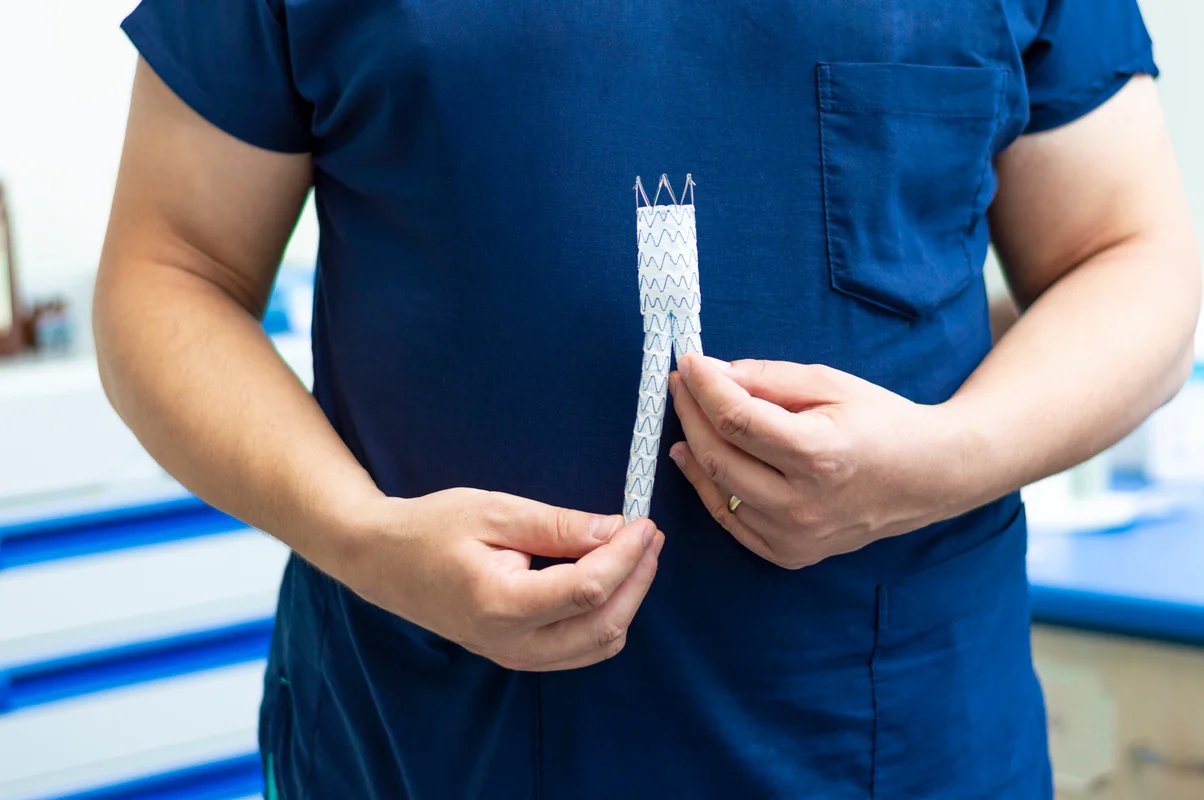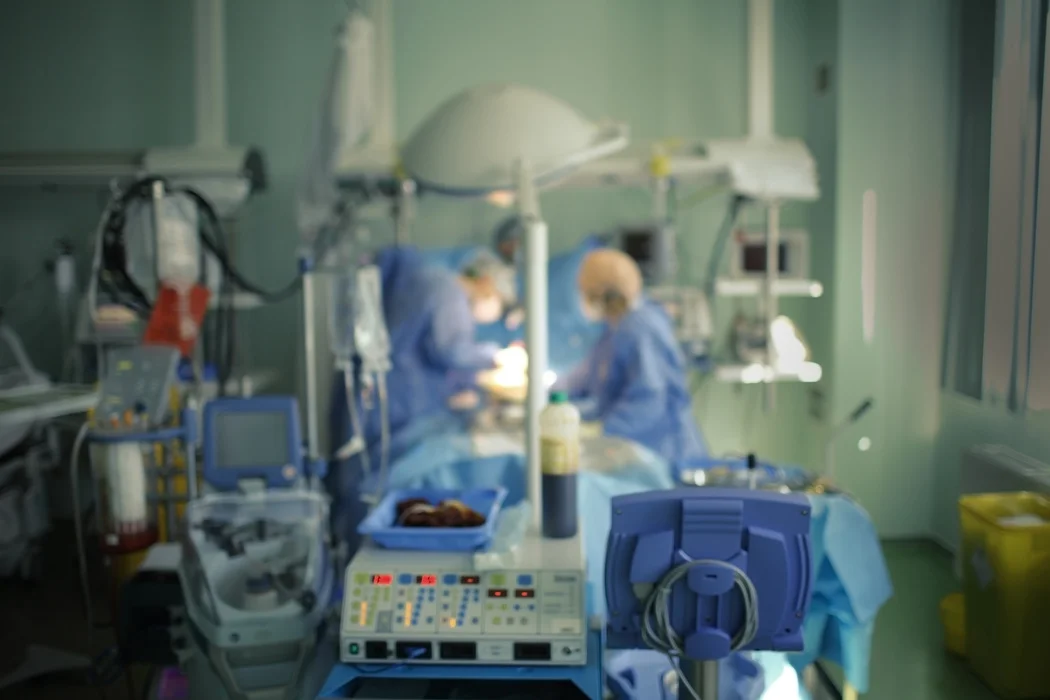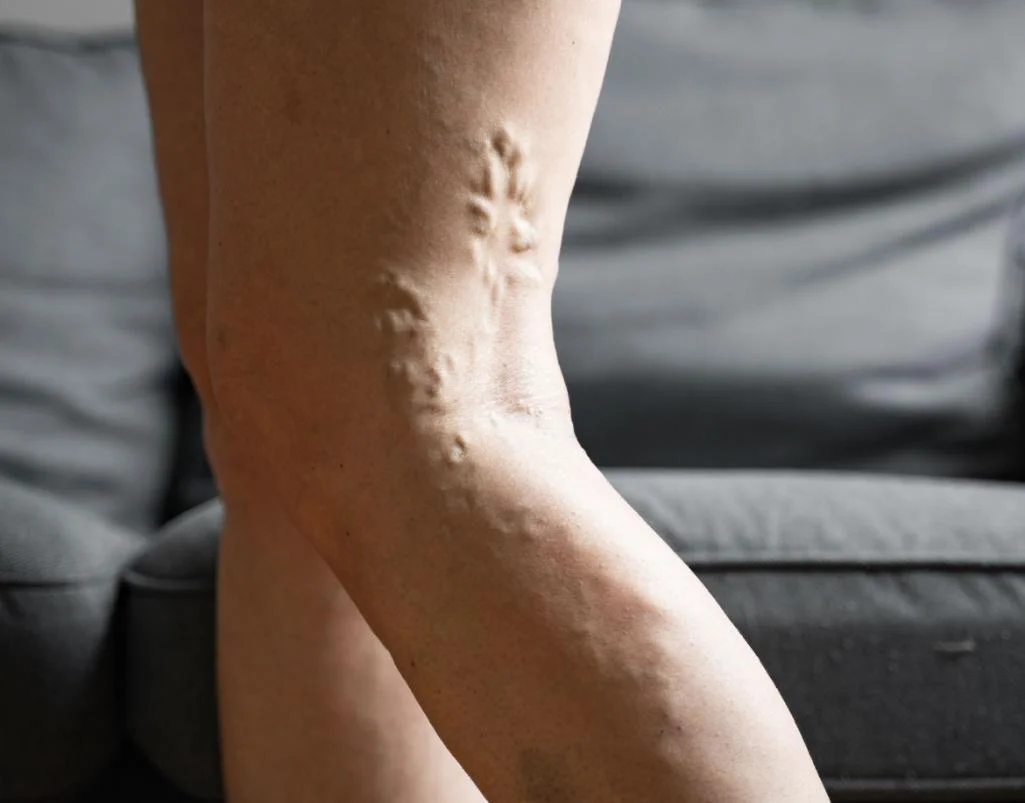
Vascular Specialist for Swollen Veins
Swollen veins, often caused by varicose veins, are not only a cosmetic issue but also a sign of underlying venous disease. They can lead to discomfort, pain, heaviness, and swelling in the legs. A vascular specialist for swollen veins—such as a vascular surgeon or phlebologist—is the right doctor to consult, as they are trained in diagnosing and treating diseases of the veins and arteries.
Why See a Vascular Specialist for Swollen Veins?
While primary care doctors can provide initial guidance, vascular specialists have advanced expertise in circulation and vein care. They can:
- Perform diagnostic imaging such as duplex ultrasound.
- Determine whether your swollen veins are due to venous reflux, clots, or other conditions.
- Offer both nonsurgical and surgical treatments.
- Manage complications like ulcers, chronic swelling, or infections.
This makes them the most qualified specialists for both cosmetic and medical concerns.
Treatment Options for Swollen Veins
Depending on the severity of your condition, a vascular specialist may recommend:
- Conservative care—compression stockings, exercise, leg elevation, and weight management.
- Minimally invasive procedures—
- Sclerotherapy for small veins.
- Endovenous ablation (radiofrequency or laser) to close faulty veins.
- Microphlebectomy to remove bulging veins.
- Surgical treatments—open vein surgery in severe or complex cases.
Most patients benefit from outpatient treatments with minimal downtime.
Long-Term Vein Management
Swollen veins may recur if underlying problems are not addressed. That’s why vascular specialists also focus on:
- Monitoring blood flow with follow-up imaging.
- Preventing complications like venous ulcers.
- Offering lifestyle guidance for better vascular health.
This approach ensures both immediate relief and long-term results.
When to Seek Help
You should consult a vascular specialist if you experience:
- Persistent swelling in the legs or ankles.
- Aching, throbbing, or heaviness in your legs.
- Bulging, twisted, or painful veins.
- Skin discoloration or non-healing wounds on your legs.
Early diagnosis and treatment help prevent complications and improve overall vein health.
Final Thoughts
A vascular specialist for swollen veins provides comprehensive care by combining expertise in diagnosis, minimally invasive treatments, and preventive strategies. Whether you are concerned about appearance, discomfort, or circulation problems, a vascular specialist can create a personalized treatment plan for healthier legs and lasting relief.
Frequently Asked Questions
1. What kind of doctor should I see for swollen veins?
You should see a vascular specialist or vascular surgeon. They are trained to diagnose and treat vein diseases such as varicose veins and chronic venous insufficiency, which commonly cause swelling and discomfort.
2. Are swollen veins dangerous?
While some swollen veins are harmless, others may indicate underlying venous disease or blood clots. Left untreated, they can lead to pain, skin changes, ulcers, or deep vein thrombosis (DVT). A vascular specialist can determine the cause and best treatment.
3. What causes veins to swell?
Swollen veins are often caused by weak or damaged vein valves, genetics, prolonged standing, pregnancy, or obesity. These factors make it harder for blood to return to the heart, leading to pooling and vein enlargement.
4. How are swollen veins treated?
Treatment options include compression stockings, sclerotherapy, endovenous ablation (radiofrequency or laser), or microphlebectomy. Severe cases may require surgical vein removal. Your vascular specialist will recommend the best option for your condition.
5. Can swollen veins go away without treatment?
Mild cases may temporarily improve with leg elevation or exercise, but underlying vein disease usually does not resolve on its own. Medical treatment offers more permanent relief and prevents future complications.
6. Is treatment for swollen veins painful?
Modern vein treatments are minimally invasive and generally painless. Most are done under local anesthesia and require little to no downtime, allowing patients to resume normal activities the same day.

Take the First Step Towards Vascular Health Today!
Are you ready to transform your vascular health with expert care and cutting-edge treatments?
Dr. Darryl Lim and his dedicated team are committed to providing personalized, compassionate care. Whether you’re dealing with varicose veins, peripheral artery disease, or other vascular conditions, Dr. Lim’s expertise and innovative approach ensure you receive the best possible outcomes.
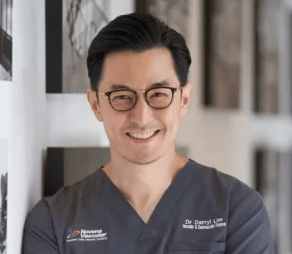
Dr. Darryl Lim is a Senior Consultant Vascular and Endovascular Surgeon at the Novena Vascular and Varicose Vein Centre in Singapore. Before this role, he served as the Director of the Vascular Unit at Changi General Hospital and as a Service Chief at the Singhealth-Duke NUS Vascular Centre. Under his tenure, Changi General Hospital’s Vascular Unit was recognized as a regional centre of excellence.
Dr. Lim has a strong commitment to training emerging interventionalists and enhancing the capabilities of vascular units in Southeast Asia. He is regularly invited to travel to regional units to conduct live case workshops and to speak at international conferences.

